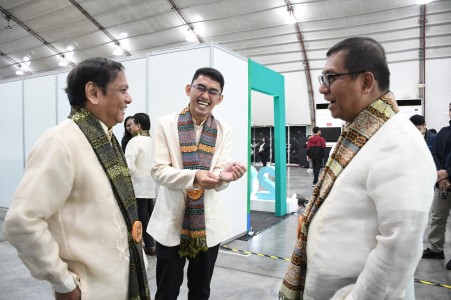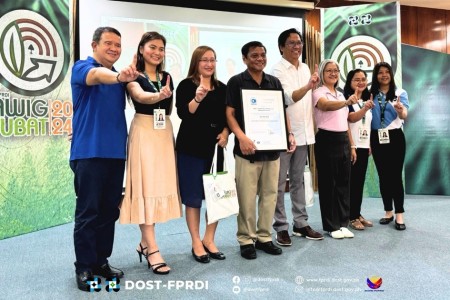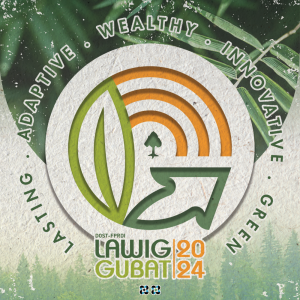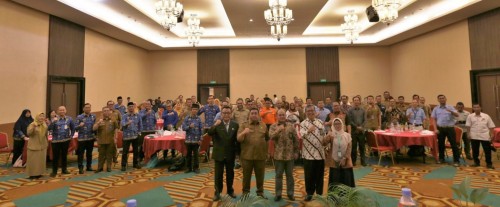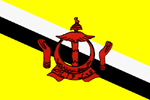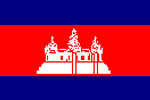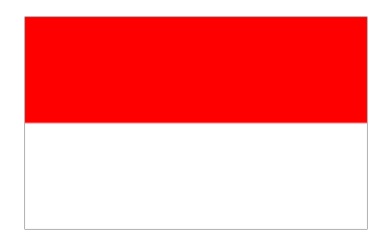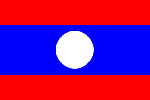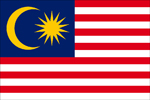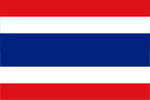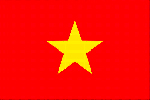Indonesia Develop Standards for Jernang Rattan’s Sustainable Management Indonesia | 07/06/2024

Indonesia, (2024) Indonesia will establish standards for sustainable management of jernang rattan in natural forests. This initiative is part of the AFoCo collaborative project "Improved local community livelihoods through increased benefits from Non-Timber Forest Products (NTFP): Modeling scalable community-based enterprises in Asia," which will be implemented in Palembang, a region known for jernang production.
‘Jernang’ as known as 'Dragon blood' (Daemonorops sp.) is a valuable NTFP with high economic worth, native to Indonesia's natural forests. Its resin contains bioactive compounds known for their effective healing properties against conditions like stomach ulcers or intestines related cancer. This resin is extracted from the fruit of the rattan, by separating the resin found on the outer part of the fruit. The resin content is related to fruit growth; young fruit has the highest and thickest resin content, which naturally detaches as the fruit ages.
However, the exploitative utilization of the rattan, harvesting all fruits including young ones, poses a problem for natural regeneration. The harvesting techniques currently used also involve pulling, cutting, and damaging the vines. These practices have led to a decline in jernang's natural population, resulting in a significant reduction in numbers and decreased genetic diversity.
The management of jernang rattan requires comprehensive handling, from upstream to downstream, starting with conserving jernang rattan in natural forests to produce high-quality jernang resin. The standards to be developed will encompass the management of jernang-producing rattan stands in natural forests, environmentally friendly techniques for harvesting jernang fruit, and post-harvest processing of jernang fruit. These standards are planned to be established in 2024.
The kick-off meeting for this project was carried out by Implementing Agency for Standardization of Environment and Forestry Instruments (BPSILHK) Palembang, as a sign that the project has officially started. Secretary of Agency for Standardization of Environment and Forestry Instruments (BSILHK), Dr. Nur Sumedi said that jernang was one of the research and development priorities when BSILHK organization was formerly R&D and Innovation Agency. After becoming BSI, this research and development activity will be complemented by the formulation of standards so that jernang in natural forests remains sustainable and brings benefits to the Muara Enim community.
The standard will be a guideline that can be implemented by the farmers so that it has an impact on the way jernang is managed in natural forests by the community.


